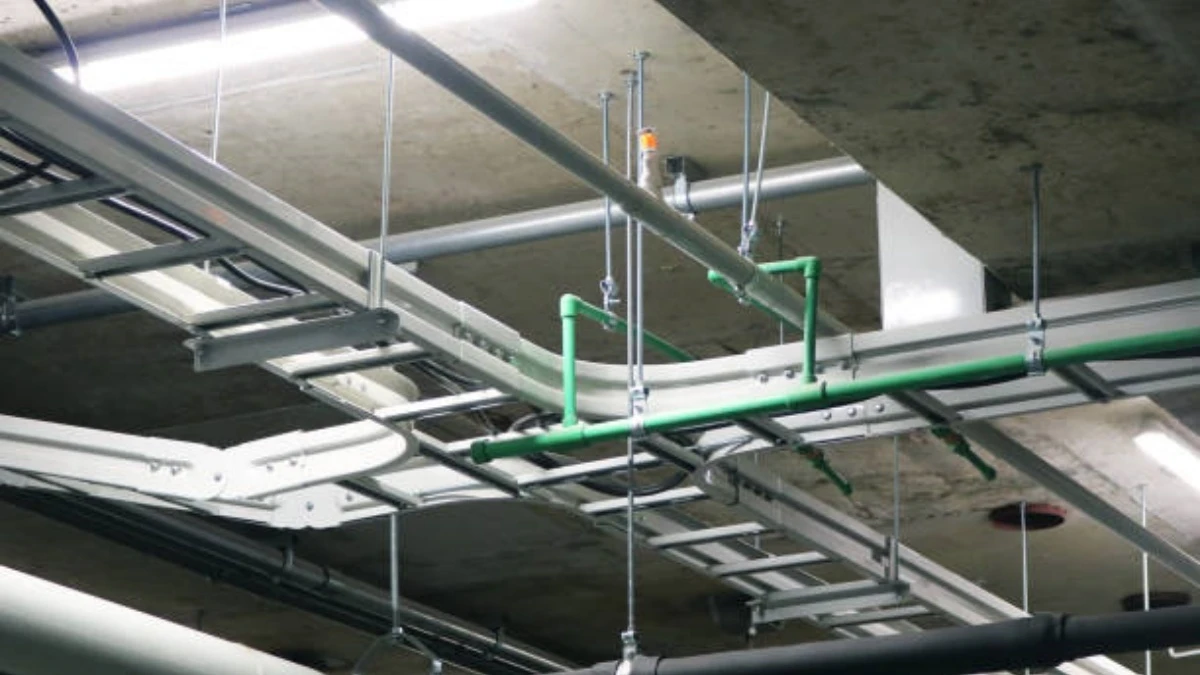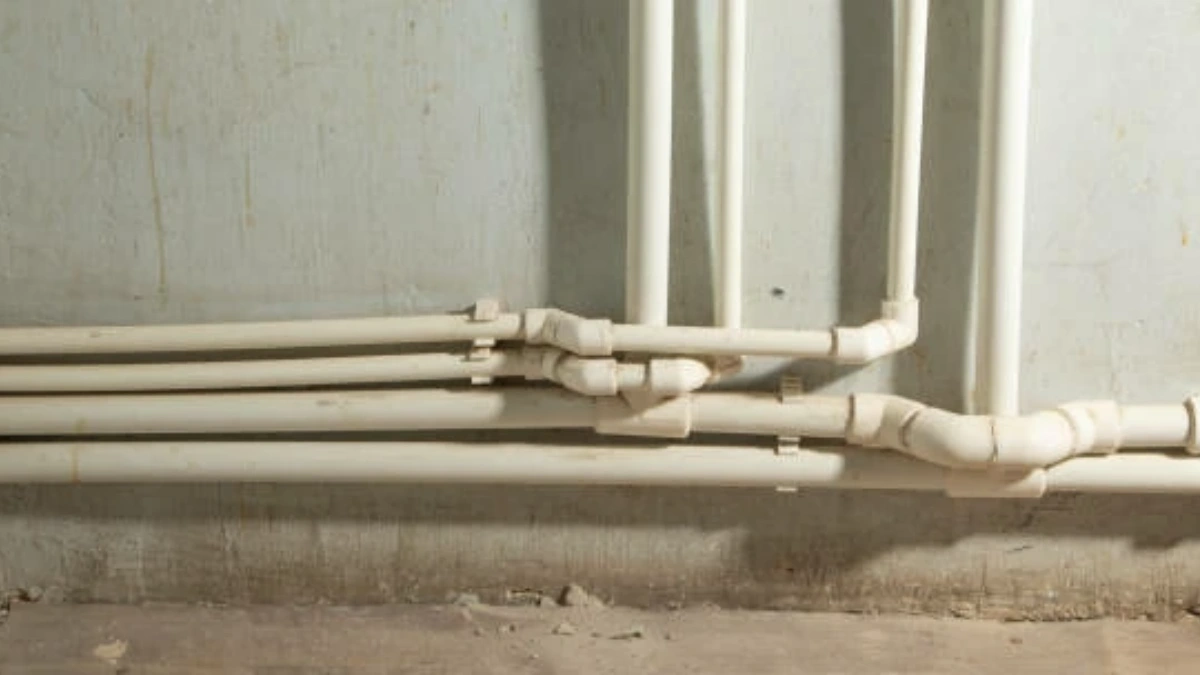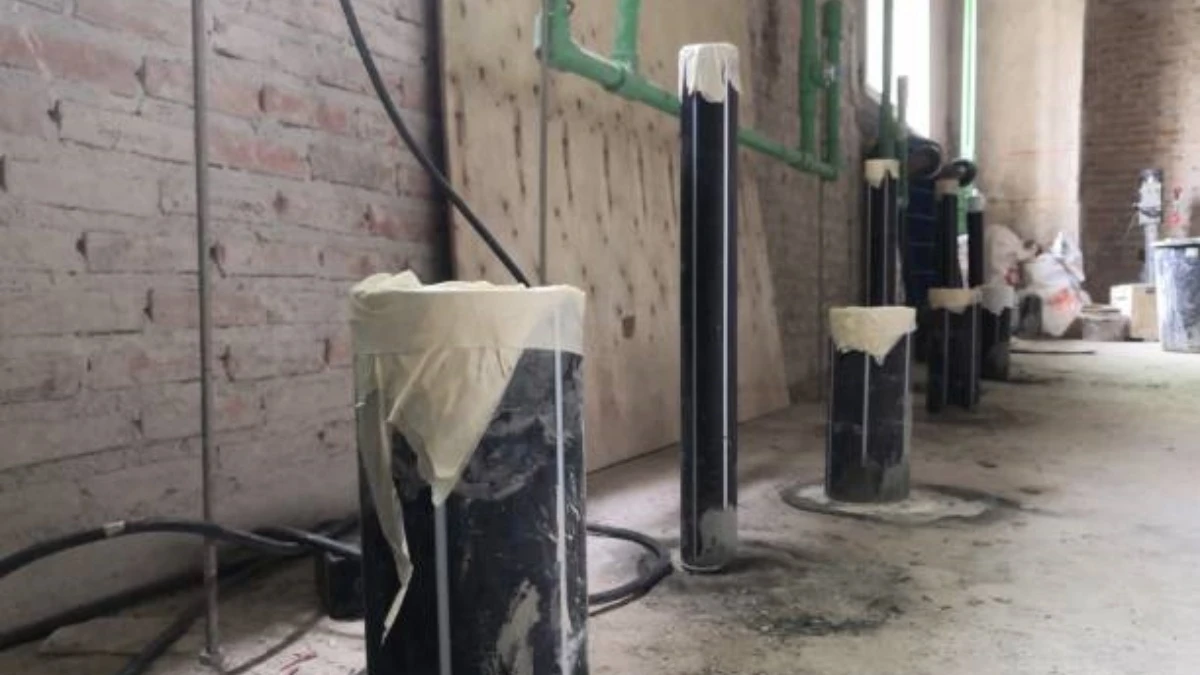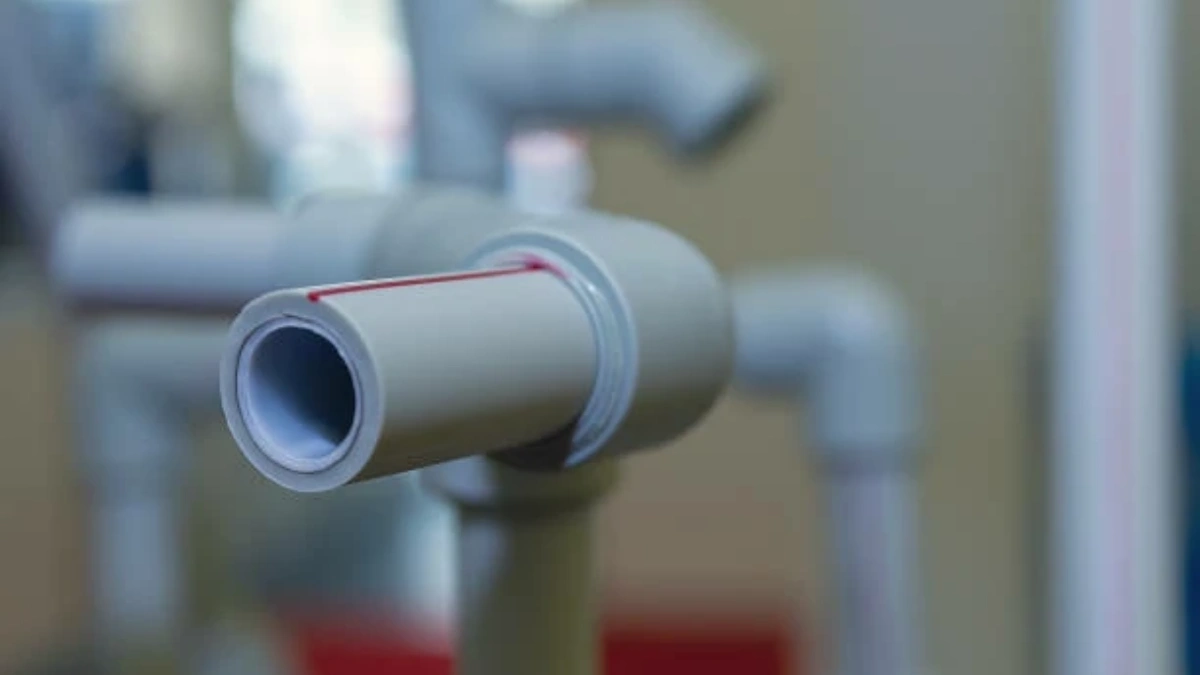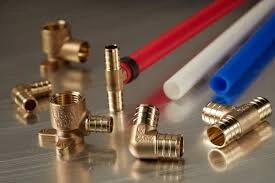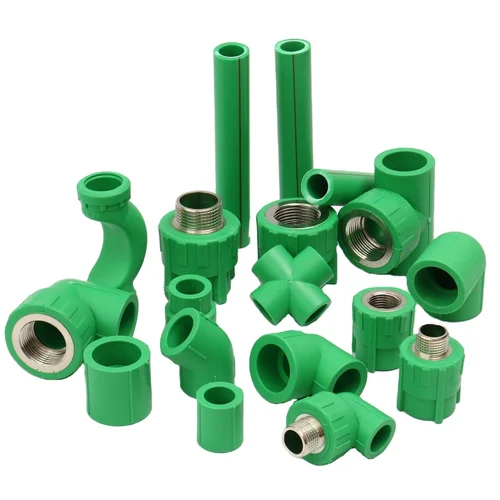A significant water main break recently disrupted daily life in Montreal’s Plateau-Mont-Royal neighborhood, flooding streets and affecting local businesses and residents. As city crews raced to mitigate the damage, their primary focus was on closing valve to halt the water flow and prevent further complications. This incident highlights the critical role of timely valve operation in managing water emergencies and maintaining urban infrastructure.
Understanding the Role of Valves in Water Main Breaks
Water valves serve as control points within a city’s water distribution system. When a water main break occurs, closing the right valve quickly can isolate the damaged section and stop the water flow, reducing the impact of the break. Without functional valves, water continues to leak, exacerbating damage, increasing repair costs, and prolonging service disruptions.
In Montreal’s case, the affected valve in the Plateau neighborhood became the focal point for crews as they worked to contain the situation. This incident emphasizes the importance of maintaining and testing valves regularly to ensure they operate correctly during emergencies.
Details of the Montreal Water Main Break
The break occurred in a high-traffic area, flooding streets and causing temporary road closures. Businesses and residents experienced interruptions to water service, and some reported property damage. City workers responded promptly, locating the nearest valve to close and stop the water flow.
Challenges Faced During Valve Closure:
- Locating the Valve: Aging infrastructure and incomplete records can delay locating the appropriate valve.
- Operational Issues: Valves that haven’t been maintained may fail to open or close properly, complicating efforts to control the leak.
- Community Impact: Halting water service to isolate a break can inconvenience residents and businesses, especially in densely populated areas like the Plateau.
Steps Taken by the City to Address the Situation
- Rapid Response
The city deployed emergency crews immediately to assess the break and identify the affected valve. Quick action is crucial to minimize water loss and damage. - Valve Closure
Once located, the valve was closed to isolate the broken section of the water main. This stopped further flooding and allowed repair teams to begin their work safely. - Temporary Repairs
Crews implemented temporary fixes to restore water service to residents while preparing for a more permanent solution. - Infrastructure Assessment
Following the repair, the city planned a comprehensive inspection of surrounding valves and pipes to prevent future incidents.
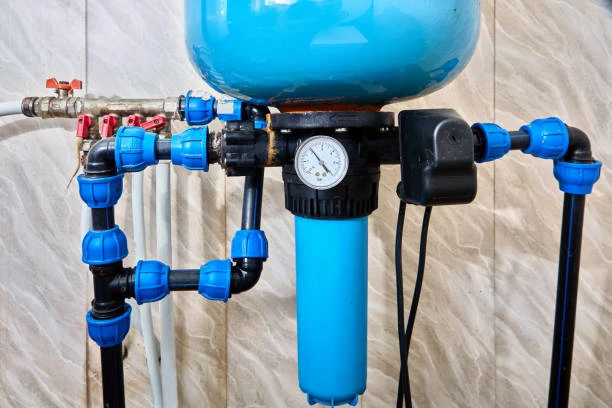
Importance of Closing Valves During Water Main Breaks
1. Minimizing Water Loss
Timely valve closure prevents millions of liters of water from being wasted, conserving resources and reducing costs.
2. Protecting Property
By halting the flow of water, crews can prevent further flooding and damage to streets, businesses, and homes.
3. Ensuring Public Safety
Uncontrolled water flow can create hazardous conditions, including road collapses and icy surfaces in colder climates.
4. Facilitating Repairs
Closing valves isolates the damaged section, allowing repair teams to work efficiently without additional water pressure complicating their efforts.
Lessons for Urban Infrastructure Management
The Montreal water main break serves as a reminder of the challenges cities face in managing aging water systems. Regular maintenance and testing of valves are essential to ensure they function during emergencies. Additionally, accurate mapping and record-keeping can significantly reduce response times when breaks occur.
Investing in modern technologies, such as smart valves and sensors, can further enhance a city’s ability to monitor and control its water distribution system. These tools can detect leaks early and allow remote operation of valves, saving valuable time during crises.
The Role of Community Communication
During emergencies like the Plateau water main break, clear communication with residents is vital. The city provided updates about service disruptions and repair timelines, ensuring affected individuals could plan accordingly. Transparency helps build public trust and demonstrates a city’s commitment to resolving issues efficiently.
A Call for Proactive Measures
While Montreal’s response to the Plateau water main break was commendable, the incident underscores the need for proactive measures to prevent similar occurrences. Regular valve maintenance, infrastructure upgrades, and emergency preparedness planning can significantly reduce the impact of future water main breaks.
FAQs
1. Why is closing valves critical during water main breaks?
Closing valves stops the flow of water, preventing further flooding, minimizing damage, and allowing repair teams to work safely.
2. How does the city locate the right valve to close?
Cities use maps and Geographic Information Systems (GIS) to locate valves. However, aging infrastructure and incomplete records can complicate the process.
3. What happens if a valve fails to close during an emergency?
A non-functional valve can prolong water loss, increase flooding, and delay repairs, highlighting the importance of regular valve maintenance.
4. How can cities improve valve operation during emergencies?
Investing in smart valves and regular maintenance ensures valves are accessible and functional when needed.
5. What are the long-term benefits of maintaining water valves?
Well-maintained valves reduce water loss, lower repair costs, improve emergency response, and extend the lifespan of the water distribution system.

